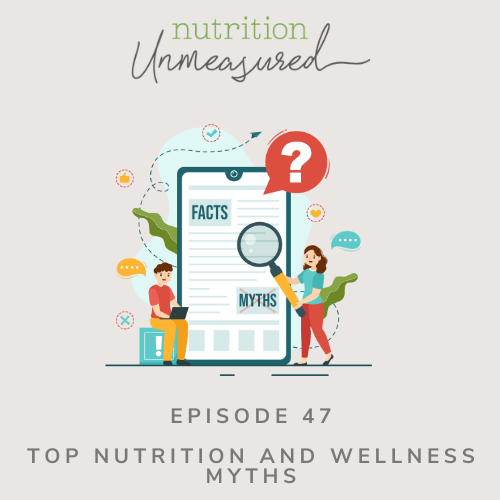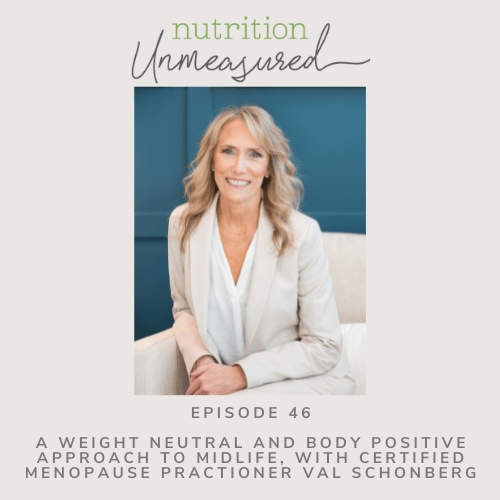Back when I became a dietitian, I loved writing meal plans. I got such a thrill out of it. I’d calculate the exact macronutrients and energy provided by each meal plan and ship it off to whomever was asking for it. I felt accomplished. I felt like I was helping someone who needed helped. I felt like they’d be fine since I had made their life easier by providing a meal plan. I was twenty-three when I became a dietitian. I had no kids, and very few responsibilities. I didn’t understand how something like a meal plan, while seemingly helpful, may not be. I didn’t understand that most lives, day to day, are up in the air, constantly shifting. I didn’t understand how jobs, kids, responsibilities, family, and social lives could get in the way of following a meal plan. I was also very naive to the pressures people would put upon themselves to stick the meal plans I provided. I wasn’t aware that when someone received a meal plan from me, they would use it as a way to diet, and dictate whether they were doing “good” or “bad”.
I don’t write meal plans anymore. I’ve learned they aren’t helpful. Not one I ever gave a meal plan to in the past has ever said to me; “thanks, that meal plan really saved me”! Life gets in the way of so many plans. It’s virtually impossible to stick to a meal plan without getting obsessed or overly restrictive. What kind of life is that?! My job is to help you find sustainable ways to live and be healthy, including nourishing your body with wholesome food. Overall I’ve found that providing general guidelines that people can use to guide them on what to make or what to put on their plate, at any given meal, is more helpful than a written diet prescription/meal plan. Here are some of my favorite general tips/guidelines:
1. Try to eat three meals a day, and snacks as your body desires
2. When putting together a meal, aim for three food groups, one being a fruit or a vegetable. Other food groups include grains, meat/seafood, and dairy/dairy alternatives
3. Focus on fiber and protein
For more details, my book is hopefully coming out in 2026 (whoa, a long time from now), or you can book a 30 minute session where I can review your current intake and help you make sustainable modifications (email me).
Another note about meal plans….if you insist on one, ok. Here is what I suggest; ask for recipe ideas and inspiration. Ask your dietitian or coach to help you get inspired with new simple recipes, products, or meal combinations. Having a template with ideas for breakfast, lunch and/or dinner can be inspiring and a great nudge in the right direction. Remember, our body looks at averages, and does not judge us by one day or meal, so we shouldn’t judge ourselves based on that either.
I was once told that when all the power is in the hands of the dietitian it does not help the client. When a dietitian provides a meal plan, that’s not giving the client the power and the autonomy to make their own decisions, day to day. A meal plan is telling someone, “you can’t figure it out on your own, so here is what you need to to”. In the short term, that’s comforting, in the long term, it’s detrimental. What do you think? Are meal plans helpful, or hurtful?



